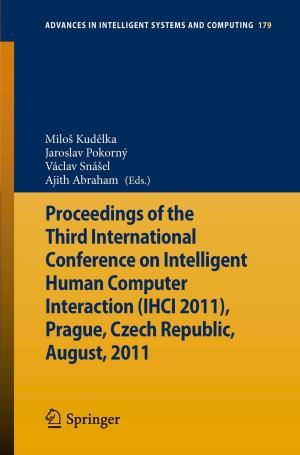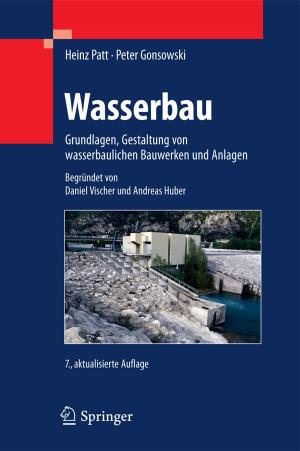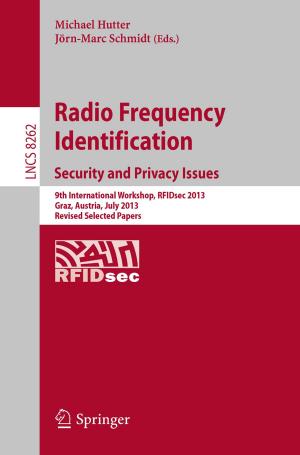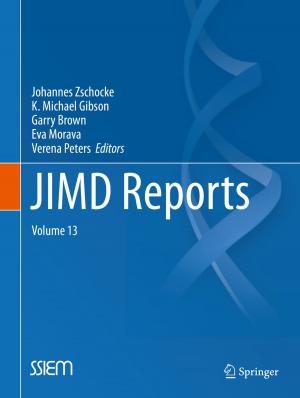Computational Materials Science
From Ab Initio to Monte Carlo Methods
Nonfiction, Science & Nature, Technology, Material Science, Science, Physics, Mathematical Physics| Author: | Kaoru Ohno, Keivan Esfarjani, Yoshiyuki Kawazoe | ISBN: | 9783662565421 |
| Publisher: | Springer Berlin Heidelberg | Publication: | April 14, 2018 |
| Imprint: | Springer | Language: | English |
| Author: | Kaoru Ohno, Keivan Esfarjani, Yoshiyuki Kawazoe |
| ISBN: | 9783662565421 |
| Publisher: | Springer Berlin Heidelberg |
| Publication: | April 14, 2018 |
| Imprint: | Springer |
| Language: | English |
This textbook introduces modern techniques based on computer simulation to study materials science. It starts from first principles calculations enabling to calculate the physical and chemical properties by solving a many-body Schroedinger equation with Coulomb forces. For the exchange-correlation term, the local density approximation is usually applied. After the introduction of the first principles treatment, tight-binding and classical potential methods are briefly introduced to indicate how one can increase the number of atoms in the system. In the second half of the book, Monte Carlo simulation is discussed in detail. Problems and solutions are provided to facilitate understanding. Readers will gain sufficient knowledge to begin theoretical studies in modern materials research.
This second edition includes a lot of recent theoretical techniques in materials research. With the computers power now available, it is possible to use these numerical techniques to study various physical and chemical properties of complex materials from first principles. The new edition also covers empirical methods, such as tight-binding and molecular dynamics.
This textbook introduces modern techniques based on computer simulation to study materials science. It starts from first principles calculations enabling to calculate the physical and chemical properties by solving a many-body Schroedinger equation with Coulomb forces. For the exchange-correlation term, the local density approximation is usually applied. After the introduction of the first principles treatment, tight-binding and classical potential methods are briefly introduced to indicate how one can increase the number of atoms in the system. In the second half of the book, Monte Carlo simulation is discussed in detail. Problems and solutions are provided to facilitate understanding. Readers will gain sufficient knowledge to begin theoretical studies in modern materials research.
This second edition includes a lot of recent theoretical techniques in materials research. With the computers power now available, it is possible to use these numerical techniques to study various physical and chemical properties of complex materials from first principles. The new edition also covers empirical methods, such as tight-binding and molecular dynamics.















